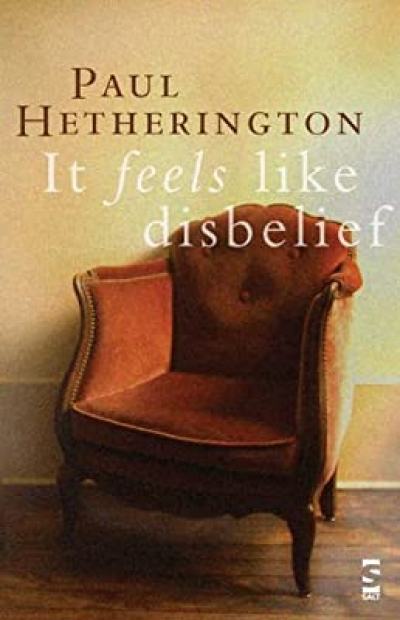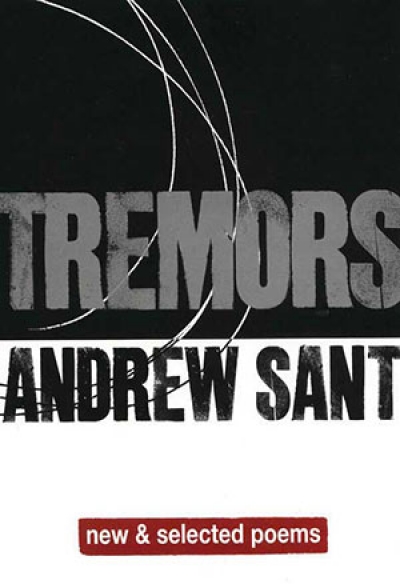Paul Hetherington
Sign up to From the Archive and receive a new review to your inbox every Monday. Always free to read.
Recent:
White Knight with Beebox: New and selected poems by Peter Steele
She trawls through reams of paper pinned in files,
stacked on shelves, heaved into the corners
of this study and other, larger rooms;
wades through spilling, perforated sheets
of printed data she cannot decipher
that concertina on the wooden floor,
stained with jam, sprinkled with old crumbs
and marked with tags that indicate some pattern
to his vanished thought – pained, slow research
that saw two hundred articles appear,
three or four a year, in august journals.
She knows the faintly sour smell of absence
that rooms so often hold after a death –
even a lonely life sweetens the air –
how furniture seems fixed when someone dies
The Diaries of Donald Friend, Vol. 4 edited by Paul Hetherington
Donald Friend (1915–89) was one of Australia’s most prolific and widely travelled artists. Forty-four of his diaries are held in the National Library of Australia’s Manuscript Collection (individual diaries are held by the National Gallery of Australia and the James Hardie Library of Australian Fine Arts at the State Library of Queensland). The National Library also has items that are part of the important body of work that Friend produced in handcrafting thirteen lavishly illustrated manuscripts, largely in the last two decades of his life: ‘Birds from the Magic Mountain’; ‘Ayam-Ayam Kesayangan, Volume 3’; and ‘The Story of Jonah’ and ‘Bumbooziana’. These projects saw him develop the skills that he had honed for nearly forty years, in his illustrated diaries and earlier publishing ventures, into a highly sophisticated artistic practice, not unlike that of a medieval calligrapher but with the licence to do as he wanted.
... (read more)








